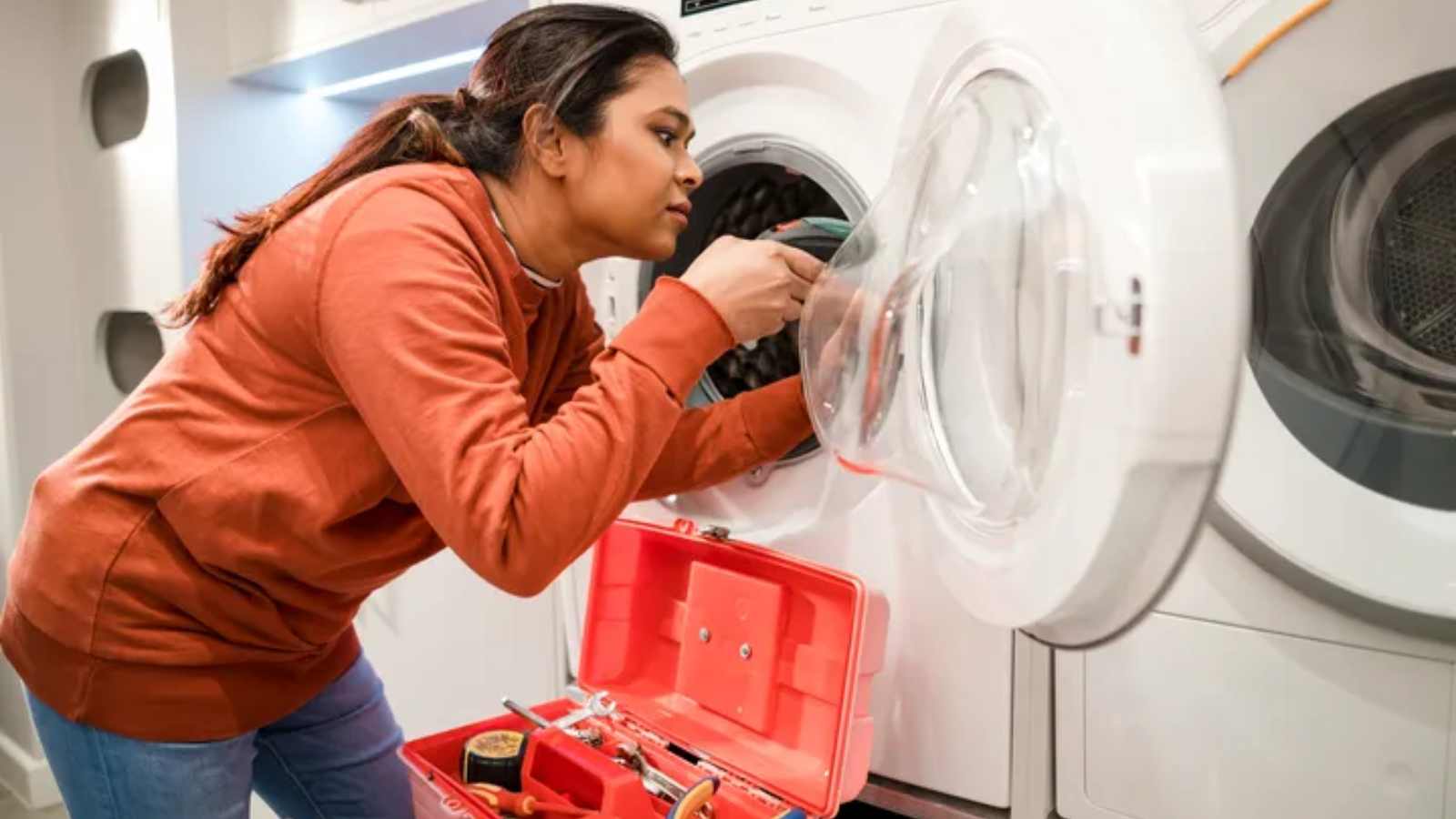When Should You Repair or Replace Your Dishwasher?
When Should You Repair or Replace Your Dishwasher?
Your dishwasher has been a trusty workhorse in your kitchen, making clean-up easier and more efficient. But when it starts showing signs of wear and tear, you might ask: should you repair it, or is it time to replace it? This decision can feel overwhelming, but with a few key considerations, you can confidently choose the best course of action for your home and budget.
.jpg?width=500&height=500&name=When%20Should%20You%20Repair%20or%20Replace%20Your%20Dishwasher_%20Niceleys%20Heating%20Cooling%20Appliance%20repair%20(500%20x%20500%20px).jpg)
Assessing the Age of Your Dishwasher
The age of your dishwasher is a pivotal factor in deciding whether to repair or replace it. Most dishwashers have a lifespan of 8 to 12 years. If your appliance is within this range or older, it might be reaching the end of its useful life. While repairs can extend lifespan, older dishwashers are more prone to repeated breakdowns. If your dishwasher is over ten years old, especially if it has recently required multiple repairs, replacing it with a newer, more reliable model could be the wiser investment.
.jpg?width=500&height=500&name=When%20Should%20You%20Repair%20or%20Replace%20Your%20Dishwasher_%20evaluating%20cost%20of%20repairs_%20Niceleys%20Heating%20Cooling%20Appliance%20repair%20(500%20x%20500%20px).jpg)
Evaluating the Cost of Repairs
When your dishwasher breaks down, the cost of repairs is often the first thing to consider. Minor repairs, such as fixing a broken latch or replacing a gasket, can be inexpensive, usually under $150. However, major repairs, like replacing a pump or motor, can easily exceed $400.
A practical guideline to follow is the 50% rule: if the cost of the repair is more than 50% of the price of a new dishwasher, it's generally more cost-effective to replace the appliance. For example, if a new dishwasher costs $800 and your repair estimate is $450, replacing the dishwasher is likely the better option in the long run.
Considering Energy Efficiency
Older dishwashers are often less energy-efficient compared to newer models. If your current dishwasher is over ten years old, it likely uses more water and electricity than the latest models, which are designed to be more environmentally friendly and cost-effective. Upgrading to an energy-efficient dishwasher can significantly reduce your utility bills, helping offset the cost of a new appliance over time. The potential savings on water and energy might make replacing an older, inefficient model an intelligent choice.
.jpg?width=500&height=500&name=When%20Should%20You%20Repair%20or%20Replace%20Your%20Dishwasher_%20reviewing%20performance%20and%20features_%20Niceleys%20Heating%20Cooling%20Appliance%20repair%20(500%20x%20500%20px).jpg)
Reviewing Performance and Features
Is your dishwasher no longer cleaning as effectively as it once did? Are you dealing with persistent issues like loud noises, water leaks, or dishes that don't come out clean? These performance problems could signal that your dishwasher is nearing the end of its usefulness. If you find yourself frustrated with poor performance, consider an upgrade.
Modern dishwashers come with many new features that can make your life easier. From quieter operations to enhanced cleaning cycles, investing in a new model can improve your kitchen experience and ensure that your dishes come out sparkling clean every time. This can bring a sense of excitement about the potential upgrades and the convenience they can bring to your daily life.
.jpg?width=500&height=500&name=When%20Should%20You%20Repair%20or%20Replace%20Your%20Dishwasher_%20environmental%20impact_%20Niceleys%20Heating%20Cooling%20Appliance%20repair%20(500%20x%20500%20px).jpg)
Weighing Environmental Impact
The decision to repair or replace your dishwasher also has environmental implications. Repairing an existing appliance can be more sustainable since it avoids the need for manufacturing and transporting a new unit. However, if your dishwasher is old and inefficient, replacing it with a more energy-efficient model could reduce your overall environmental footprint.
If you decide to replace your dishwasher, consider how to dispose of the old one. Many manufacturers and retailers offer recycling programs to ensure the responsible disposal of your old appliance.
Manufacturer Warranties and Extended Coverage
Before making a final decision, check whether your dishwasher is still under warranty. If it is, you can get repairs done at little or no cost. Even if your dishwasher is out of the manufacturer's warranty, you might have an extended warranty or home appliance insurance that covers the repair.
If the repair is covered, the decision can be made more easily. However, if you're continually relying on warranty coverage for repairs, it might indicate that the appliance is nearing the end of its reliable service life.
Personal Preferences and Lifestyle Changes
Finally, consider your personal preferences and any recent lifestyle changes. If you've remodeled your kitchen or changed your household size, your dishwasher might no longer meet your needs. Upgrading to a new model that better fits your kitchen's aesthetic or your family's needs might make more sense than continuing to repair an outdated appliance.
Deciding whether to repair or replace your dishwasher involves weighing several factors: its age, the cost of repairs, energy efficiency, performance, environmental impact, and personal preferences. By carefully considering these aspects, you can make an informed decision that suits your budget and household needs. This process can bring a sense of relief, knowing that you're in control of the situation. If you're still unsure, consulting a professional appliance repair technician can provide valuable insight and help you make the best choice.
If you need help determining whether to repair or replace your dishwasher, contact us for repair service and a professional assessment.
Niceley's can help you weigh the costs and benefits and make a recommendation based on your specific situation.

 By
By



